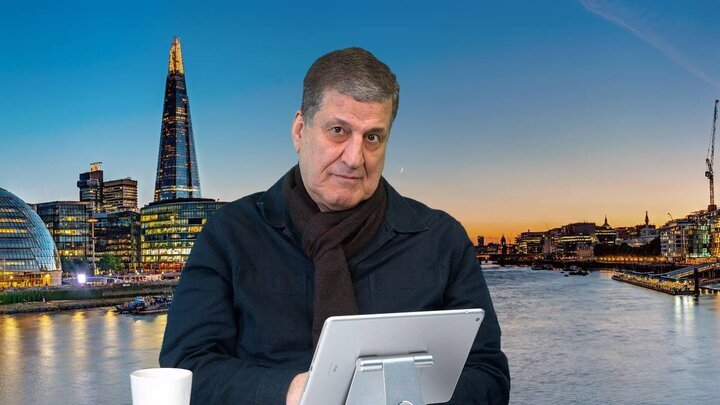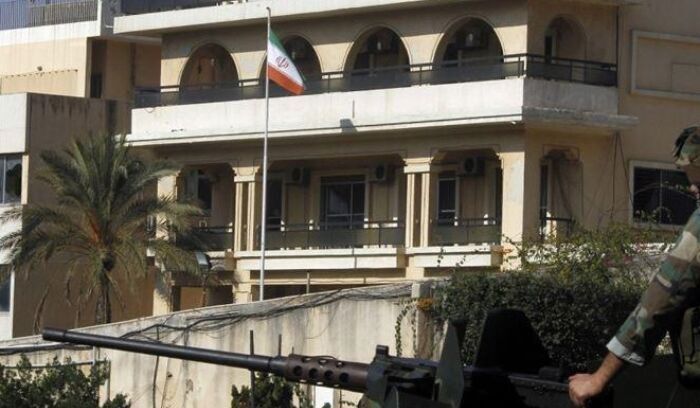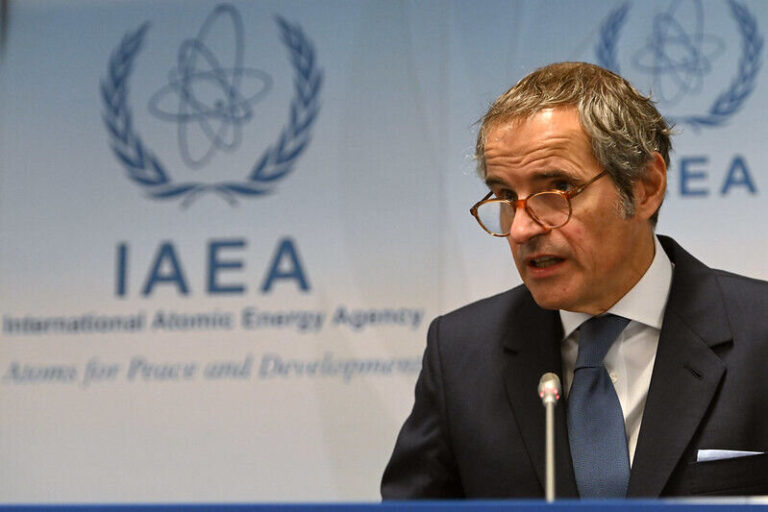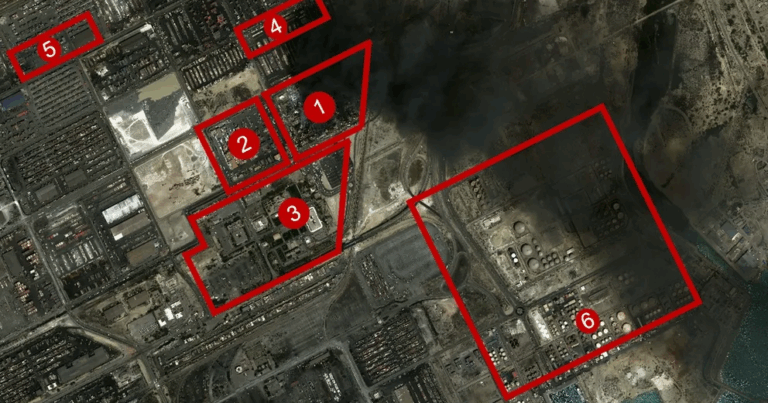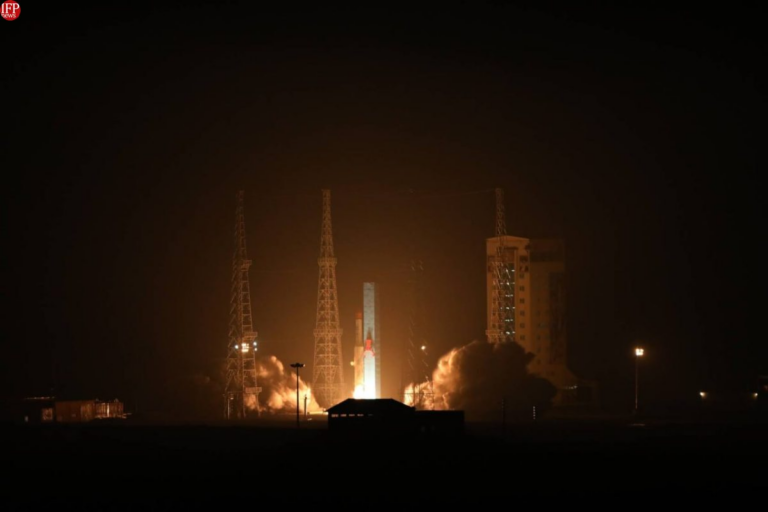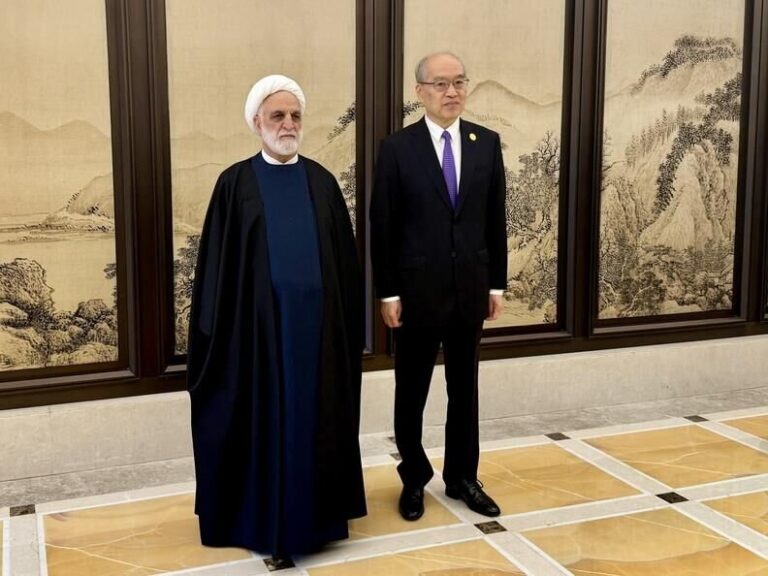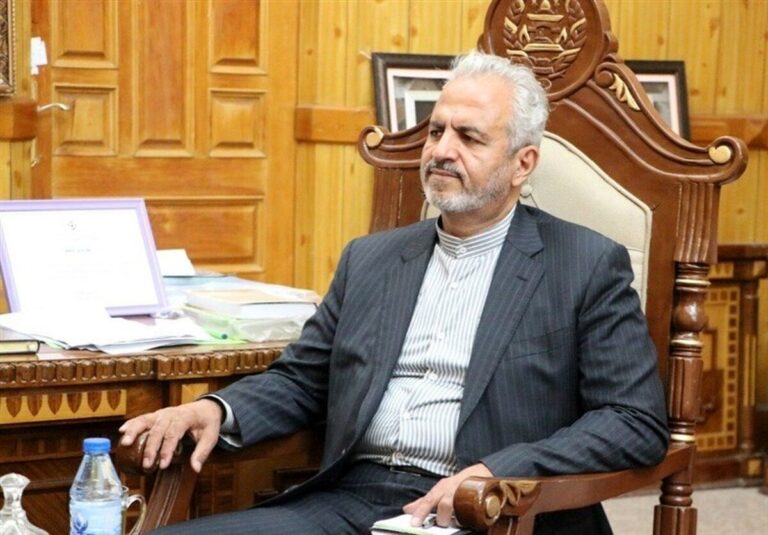Unveiling the Future: Iran-US Nuclear Negotiations Set to Transform Global Relations
As tensions rise in the Middle East, the future of nuclear negotiations involving Iran and the United States has become a focal point for the Persian Gulf Cooperation Council (PGCC) countries, particularly Saudi Arabia and Iraq. These discussions are not only crucial for regional stability but also for the economic interests of nations involved. This article delves into the complexities surrounding these talks, the positions of various stakeholders, and the potential outcomes that could shape the geopolitical landscape.
Drawing on intelligence from the U.S. and regional sources, it is clear that the ongoing aggression in Yemen and increased regional tensions have created a challenging environment for these negotiations. The situation is compounded by the potential for military actions against Ansarullah and the governing authority in Sanaa. Despite these challenges, there is a possibility that the talks could pave the way for new scenarios based on a balance of interests and strategic pressures.
Unifying Stance of PGCC Countries
Recent reports indicate that PGCC countries, including Saudi Arabia, the UAE, Qatar, Bahrain, Kuwait, and Oman, have taken a unified stance regarding the Iran-U.S. talks. This position is conditional upon obtaining security and economic guarantees. Notably, these nations have declined requests from Israel to use their airspace for military strikes against Iran, highlighting their desire to avoid direct conflict.
- Economic Concerns: PGCC countries prioritize the stability of oil markets and critical infrastructure, which could be targeted in the event of heightened tensions.
- Support for Regional Stability: The negotiations are viewed as an opportunity to achieve regional stability, complementing the development agendas of these nations, such as Saudi Arabia’s Vision 2030.
The shift in the PGCC’s approach marks a significant change from 2015, when Saudi Arabia vehemently opposed the Iran nuclear deal, labeling it as “weak.” Today, these countries advocate for dialogue that aims to restrict Iran’s nuclear program while preventing a regional war that could threaten their economic and security stability.
Saudi Arabia’s Diplomatic Engagement
Saudi Arabia has expressed its support for the nuclear talks, emphasizing the importance of diplomatic efforts to resolve both regional and international disputes. This diplomatic engagement is reflected in the notable improvement of Saudi-Iran relations following the normalization agreement brokered by China in 2023. A significant moment occurred on April 17, 2025, when Saudi Defense Minister Prince Khalid bin Salman made a historic visit to Tehran, marking the highest-level visit between the two nations in decades.
During this visit, Prince Khalid engaged in discussions with Major General Mohammad Bagheri, Iran’s Chief of Staff of the Armed Forces, and delivered a message from King Salman bin Abdulaziz to Supreme Leader Ayatollah Ali Khamenei. The talks focused on:
- Advancing defense ties
- Promoting regional cooperation for peace and stability
- Combating terrorism
These discussions, held prior to the second round of nuclear talks in Rome, highlighted Saudi Arabia’s proactive stance in de-escalating tensions, especially in light of U.S. and Israeli threats to strike Iran’s nuclear facilities if negotiations falter.
Motivations Behind Saudi Arabia’s Position
The motivations behind Saudi Arabia’s engagement in these talks are multifaceted:
- Economic Security: Saudi Arabia aims to protect its economic interests, recognizing that military escalation could jeopardize vital oil infrastructure.
- Diplomatic Influence: Riyadh seeks to assert its position as a regional power, especially after reducing tensions in Yemen through dialogue with Iran.
- Balanced Relations: Saudi Arabia is striving to balance its relationships with the U.S. and Iran to avoid involvement in conflicts that do not align with its national interests.
Iraq’s Role in Diplomatic Negotiations
While Iraq grapples with its internal political landscape, it plays a significant diplomatic role in supporting the nuclear talks. With strong ties to both Iran and the U.S., Iraq views the success of these negotiations as essential for enhancing regional stability, which in turn benefits its own security and economic interests.
Baghdad has previously hosted discussions between Saudi Arabia and Iran, positioning itself as a neutral regional player. Iraq stands to gain from the talks in various ways:
- A successful nuclear deal could potentially lift sanctions on Iran, fostering increased bilateral trade, especially in energy.
- Reduced regional tensions would mitigate the risk of conflicts spilling into Iraq, particularly given the presence of U.S. forces.
- Stability in the region would support Iraq’s reconstruction efforts, which rely on foreign investment.
Challenges Ahead
Despite the potential for positive outcomes, the negotiations face significant challenges. Reports indicate divisions within the U.S. administration regarding Iran, with hardliners pushing for military options while diplomats advocate for dialogue. Additionally, leaked Israeli intelligence documents suggest preparations for strikes on Iran’s nuclear facilities, complicating the talks further.
Iran has exhibited conditional flexibility in negotiations, such as discussing the transfer of uranium stockpiles to Russia, yet remains steadfast in its right to maintain a nuclear fuel cycle.
Future Scenarios for Negotiations
Looking ahead, three possible scenarios may emerge from the ongoing negotiations:
- Comprehensive Agreement: A deal involving strict restrictions on Iran’s nuclear program in exchange for phased sanctions relief seems plausible given current dynamics.
- Failure of Talks: If U.S. demands remain unacceptable to Iran, this could compel Iran to accelerate its nuclear ambitions, heightening the risk of military conflict.
- Interim Agreement: An agreement focused on manageable issues, such as uranium transfers and limiting enrichment levels, appears to be the most realistic outcome at this juncture.
In conclusion, while the nuclear negotiations encounter numerous complexities, the unified support from key Arab states, notably Saudi Arabia, combined with Iraq’s facilitative role, enhances the prospects for success. Through its diplomatic initiatives, Saudi Arabia aims to maintain regional stability, safeguard its economic interests, and strengthen its position on the global stage. For Iraq, the potential for stability and increased trade with Iran represents a significant opportunity, underscoring the importance of continued dialogue in preventing an escalation that could lead to catastrophic conflict in the region.
